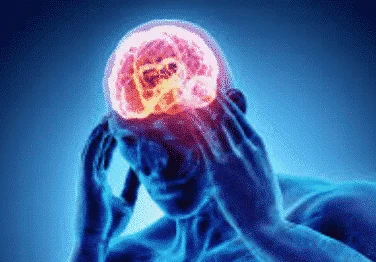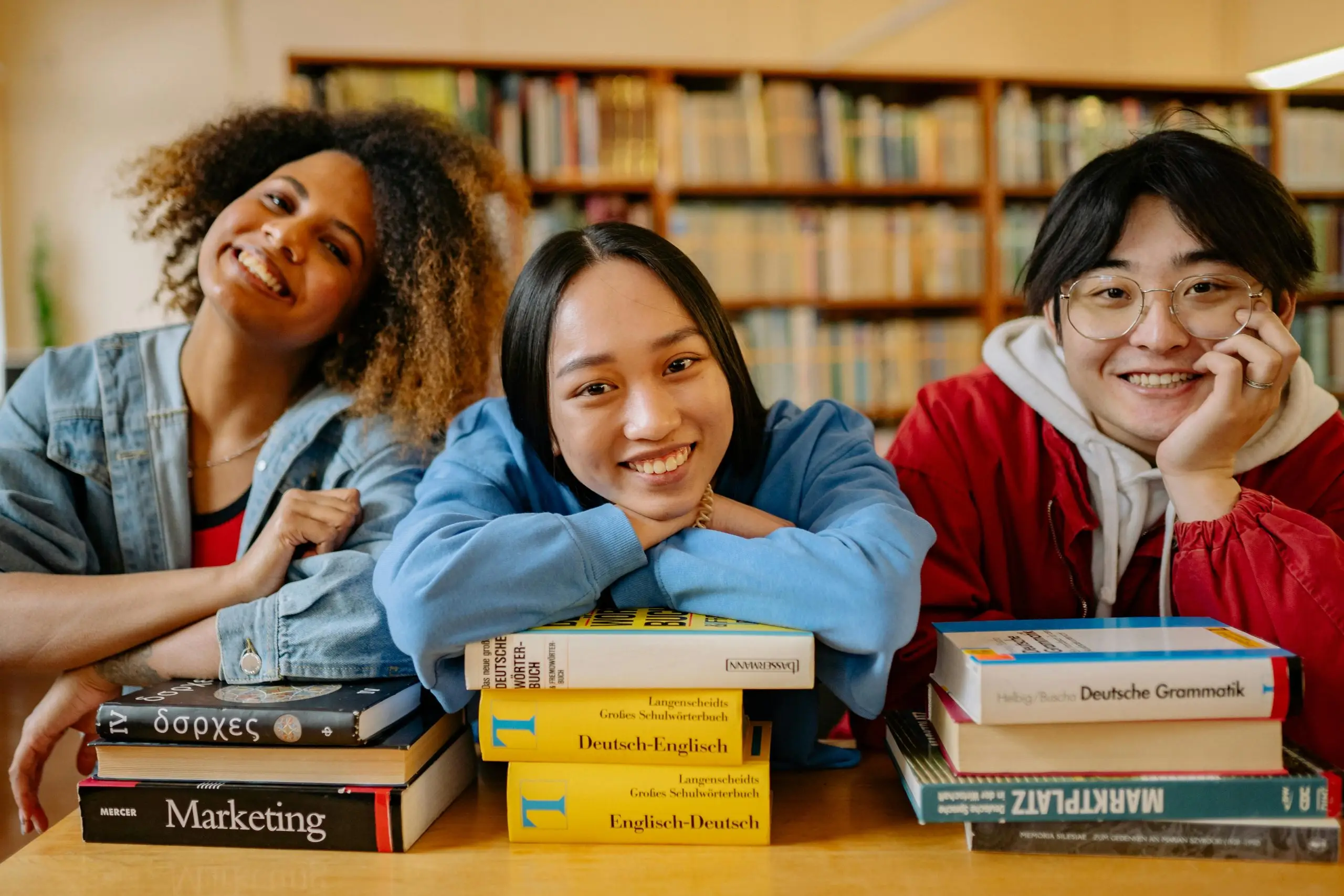I’m going to be honest with you all: when I was studying the IB (not too long ago I’ll have you know…), I would often moan to my friends about TOK. It wasn’t that I found TOK boring, far from it actually— I loved the full-blown arguments that would always ensue in a TOK class— it was more that I struggled to see how it actually applied to MY life.
Now, if any of you reading who have checked out the International Baccalaureate Organisation’s TOK mark scheme (if not… DO IT NOW), you’ll be aware that one of the most crucial criteria for a good TOK presentation or essay, written in big bold letters, is a ‘Real Life Situation’. This, as you may be able to guess, was a slight problem for me when it came to actually doing the things in TOK; I just didn’t see where on earth you found these mysterious, easily TOK-ifiable snapshots of real life.
But then my teacher gave me perhaps the most insightful piece of advice I ever received in my TOK program, so shout out to Mr Owen if he ends up reading this. What Mr Owen told me was to work backwards when it came to finding a real life situation for a knowledge questions. So, finding a real life situation and THEN using that situation to find a knowledge question. Great advice in itself, but even better was his suggestion for finding a real life situation (the thing I just really didn’t know how to do): he told me to think about what I loved studying, and then go find something related to that in the news.
I know this many still sound a bit vague, but hopefully in this and my next few blogs, I’ll able to make things a little clearer, and a little more awesome. I will be running through a couple of current, real life situation and explaining how they apply to TOK.
Now I’ve got your attention, I just want to check that we’ve got the basics of TOK down. If you have no idea what I’ve been talking about throughout this whole post, no idea what a AoK or a WoK, a knowledge question or a knowledge claim is, no worries, but it might be a good idea for you to check out this article or download our TOK guide which gives you the outline of literally everything TOK to get you up to speed (pretty sweet, huh?).
And now that we are all on top of the lingo, let’s jump into my chosen real life situation:
TOK Knowledge Issue 1: The US Presidential Debates
Topical, aren’t they? Something pretty much everyone is talking about… But, also super interesting for TOK.
So, I hear you ask, how on earth did I extract a knowledge question from such a broad topic? Well, let’s break it down.
- Firstly, I thought about the subjects I enjoyed studying on the IB. My favourites were English A, and Political Thought (rogue I know) and before I did anything else I figured out what AoK they related to, so for English: the Arts, and for Political Thought: the Human Sciences
- Next, I took a look at some online newspapers, looking for a topic that fit into either a Human Sciences or Arts AoK. I came across some articles about the presidential debates, which obviously fit in with the Human Sciences AoK.
- While looking at these articles, I had beside me the 8 WoKs, and tried to find anything which related to them. I came across a few articles about that fact that Hilary Clinton only called Donald Trump ‘Donald’ throughout the whole debate, whereas he called her ‘Secretary Clinton’. (Sources are at the end if any of you are interested, and also just as a reminder that the IBO LOVES referencing…)
- Looking at the articles, I could see that the use of language, specifically names, was being discussed in detail and, as you all know, language is a key WoK.
So at this point, I had found my real life situation, my AoK of interest, and my WoK of interest and all I needed was a knowledge question. How did I do this? Well…
- I thought about why my real life situation was news—why was Hilary Clinton calling Donald Trump ‘Donald’ such a big deal? Because by calling him a specific name, she hoped to influence other people’s perception of him—while he was just ‘Donald’, not a politician, she was ‘Secretary Clinton’, a former secretary of state and an established politician, a difference she was keen for people to see.
- So taking this phrase ‘influence other people’s perceptions’, I simply switched it up a bit to include that TOK lingo I double checked you knew earlier, plugging in the earlier AoK and WoKs I’d established earlier.
And HEY PRESTO, I have a knowledge questions:
“How does the use of Language in the Human Sciences affect our Perception of Knowledge?”
Pretty neat, if I do say so myself.
Now, don’t worry if you are still thinking: I would never be able to figure out a knowledge question from THAT. Remember, I’m a seasoned TOK-er, with a IPDP certificate to prove it. But I was the same at one point, completely clueless about where to start when it came to TOK. What it takes is a little bit of practice, which is exactly what my next few blog posts on TOK intended to provide.
So, all my TOK-ers out there, watch this space for some more tricks of the trade, bad jokes about WoKs, and on-point gifs.
T-O-K out.
Read Part 2: Knowledge is… Power?




